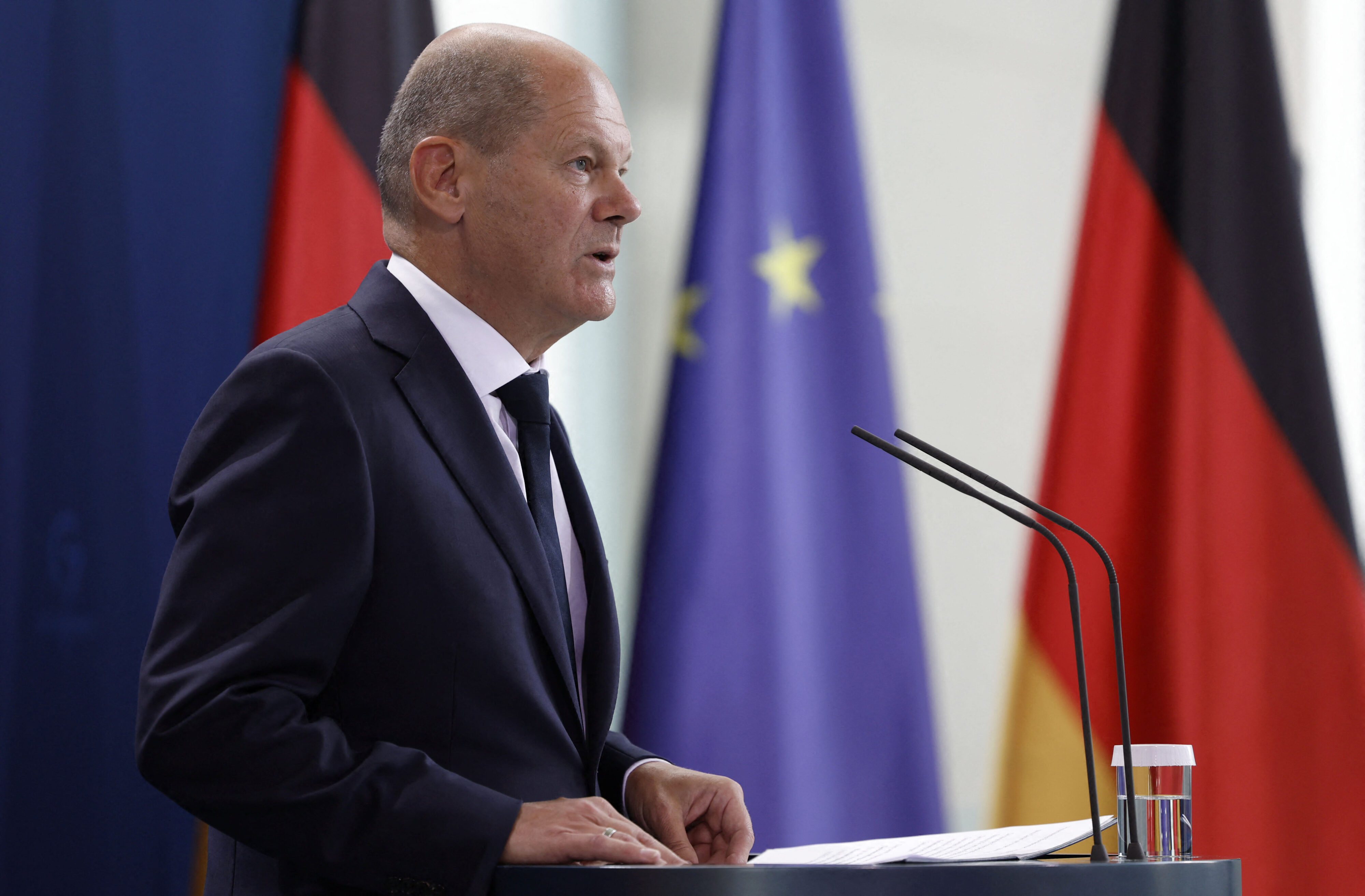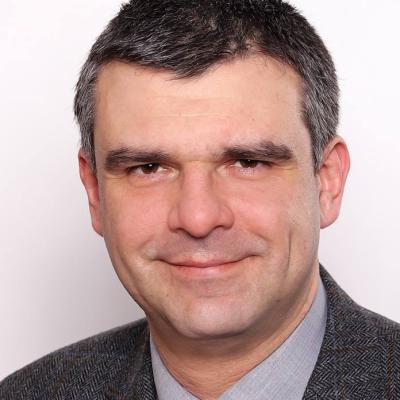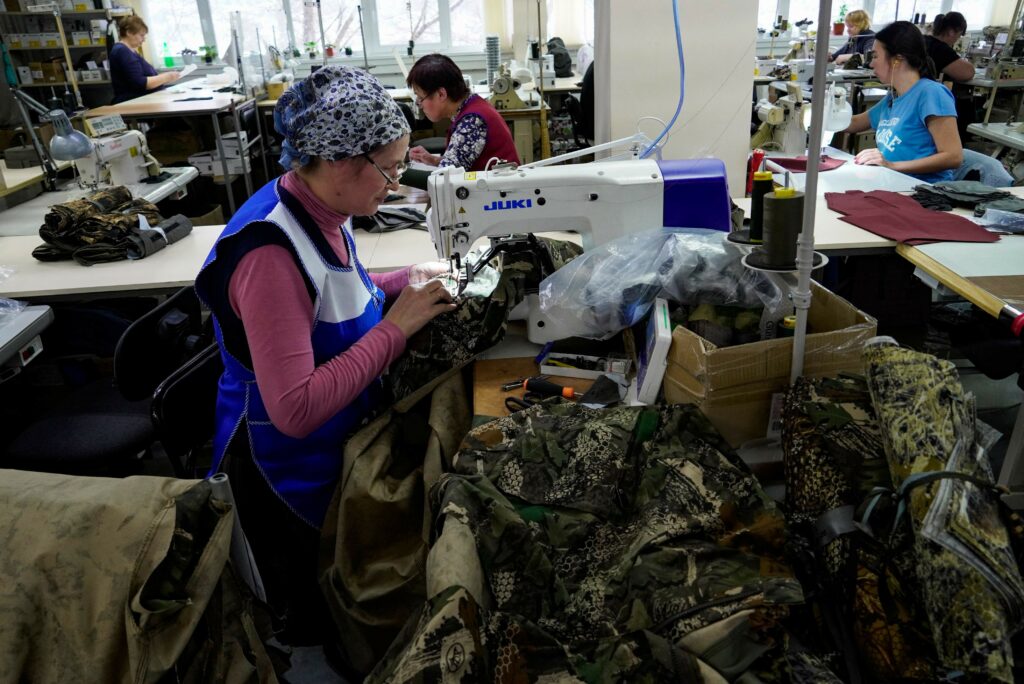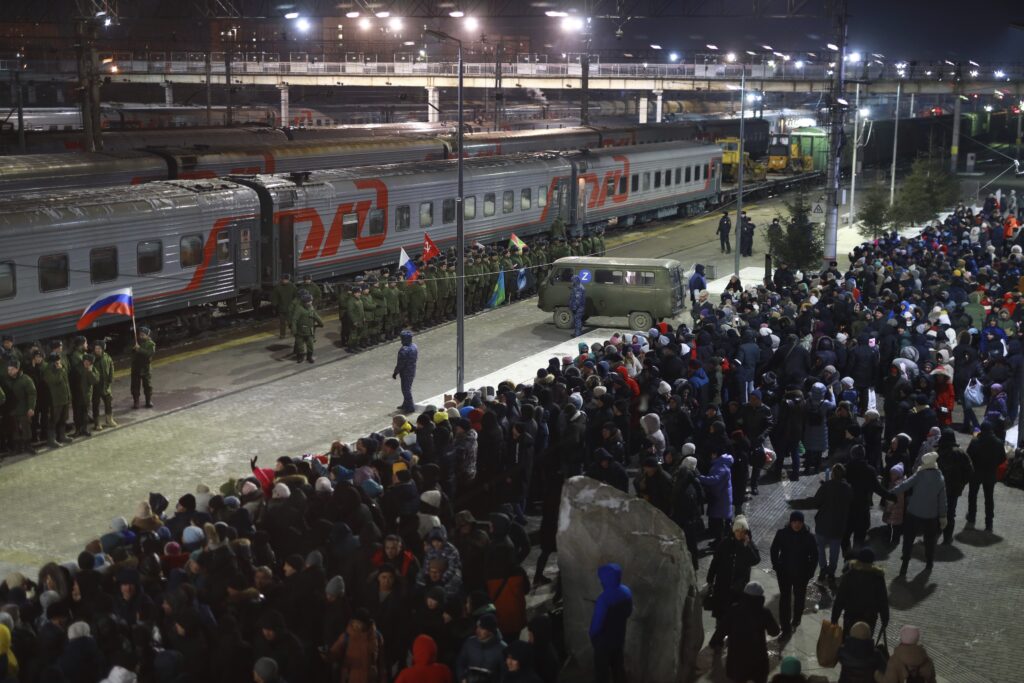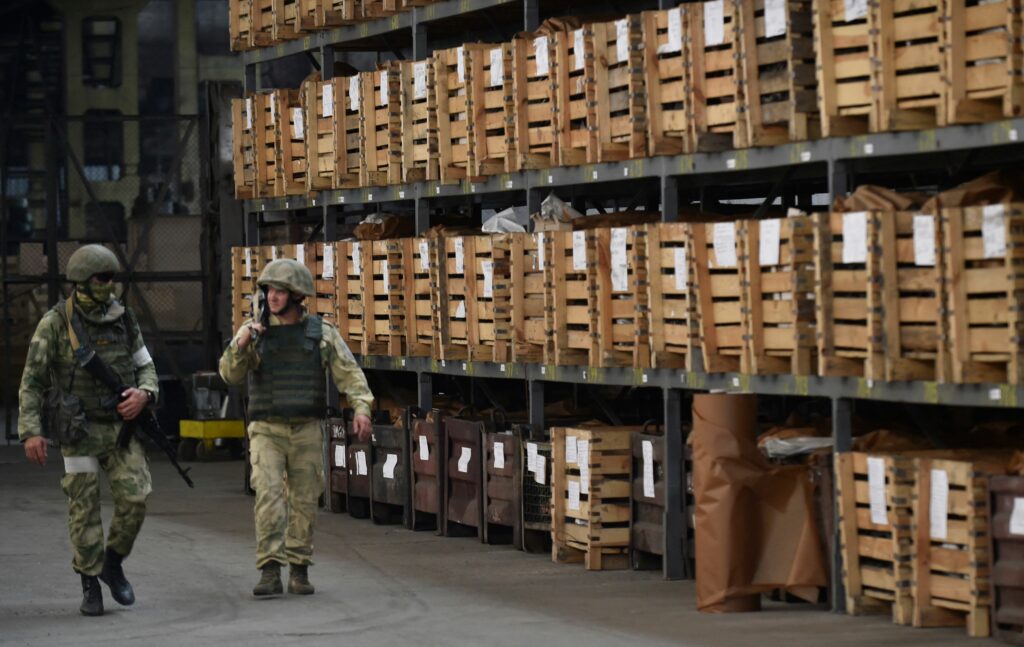A new consensus now runs through Germany’s corridors of power: namely, the concept of Russland-Politik was a mistake and must be radically revised. This concept had been Germany’s prevalent approach to Russia for decades; it was a bet on Russia transforming thanks to a rapprochement with the West; its hopes hinged on active cultural, economic and scientific exchange.
Germany’s top politicians have all eulogised thus: we underestimated Putin’s willingness to unleash a war of aggression in Europe at such huge cost, and we no longer see the possibility of a return to the policy of rapprochement. Both the ruling coalition and the CDU, the largest opposition force, are united here. The exceptions are the positions of the Left and the AfD; but these parties, due to their small representation in the Bundestag, cannot have a major influence on state policy.
At the same time, the historical pivot in German politics hardly extends to its image of Russia and Russian society. The German historian and publicist Karl Schlegel uses the definition of «sentimental Russophilia» to capture the socio-political mood in Berlin during the Weimar Republic. That expression still applies. German attitudes — right at the top — are still marked by a certain one-dimensional, stereotypical image of Russia, conditioned by a subconscious desire to isolate any positive elements from a series of negative events.
Let us analyze three main narratives where a «sentimental Russophilia» of Germany’s elite is saliently manifested.
«Putin’s War» or «Putin is not Russia»
On the day of Russia’s full-scale invasion of Ukraine, German Chancellor Olaf Scholz said: «With his attack, Russian President Putin flagrantly violated international law. There is no justification for these actions. This is Putin’s war. Putin, having started his war, made a grave mistake.» The official website of the Federal Government put the words «This is Putin’s war» in the headline of the message about the speech of the head of the cabinet, making them key words. Three days later, in his keynote speech at the Bundestag, Scholz mentioned Putin 12 times, including in the phrase «Putin’s aggression.» The Chancellor stressed: «It must be clearly stated: this war is Putin’s war.» On May 8, in an address to the nation marking the anniversary of the end of World War II in Europe, the chancellor reiterated the words about «Putin’s aggression» and «Putin’s desire to conquer Ukraine,» although he added that «the chancellor’s office is aware of the significant support for Putin among the Russian population.»
Other Social Democrats also joined their leader. Minister of the Interior Nancy Faeser used this phrase in almost every speech in the first months of the war. «Putin’s war» has become a stable wording for party press conferences; in particular, the parliamentary faction of the SPD. It is also used by leading politicians of other parties; for example, CDU general secretary Mario Chaya. This characterisation has become an integral part of the headlines and articles from the news media right across the political spectrum — from the public-law television channels ARD and ZDF to the left-liberal newspaper Frankfurter Rundschau, or from the financial publication Capital to the regional Sächsische Zeitung.
Of course, high-ranking social democrats and conservatives know that Putin does not make decisions or put them into practice alone. Without the militaristic consensus of the Russian elites, an attack on Ukraine would not have been possible. At the same time, German politicians still often draw a line between «Putin» and «Russia», and not only for foreign policy reasons. This is what they are used to, and what the voter wants to hear from them.
«Good Russians», «Bad Government»
This narrative is closely related to the previous one; still, it has its own characteristics. Inspired by Gorbachev’s perestroika and Yeltsin’s reforms, representatives of the German political elite see Putin’s course not only as a cause for their own disappointment, but also as a kind of deviation from the correct, democratic path of Russia’s development, which happened against the will of the majority of Russians. In their understanding, the turn towards authoritarianism, which did not happen yesterday, cannot enjoy the global support of the Russian people.
In his speech in connection with the death of Mikhail Gorbachev, Scholz blamed Putin for the failure of Russia’s democratization. Putin is creating «new dividing lines in Europe.» In the aforementioned speech on February 27 in the Bundestag, the chancellor «took under protection» Russians, effectively separating them from the president: «Putin, not the Russian people, decided to start a war. This separation is important to me. The reconciliation between Germans and Russians after the Second World War was and remains an important chapter in our common history. And I know how hard it is for many of our citizens who were born in Ukraine or Russia to endure this situation. We will not allow this conflict between Putin and the free world to open old wounds and lead to a new division.» CDU head Friedrich Merz rarely agrees with Scholz’s position, but in this case the politicians were united. Merz tweeted in March: «Neither the Russian people nor the people who feel connected to them are our enemies. Putin is responsible for the war.» The second most important politician in the CDU, Mario Chaya, was no less clear: «Vladimir Putin is waging war not only against Ukraine. He leads it at the expense of the population of Russia. We want, I want people with Russian roots to know that the Russian people are not our enemy.»
Sympathy for the «good Russians» also manifested itself during the debate on a possible ban on European tourist visas for citizens of the Russian Federation. The German establishment in a consolidated manner opposed such a measure. Along with the desire not to deprive the Russian opposition of the opportunity to quickly leave the country, the border between «authorities» and «Russians» was again clearly demonstrated. In August, Scholz once again repeated the words about «Putin’s war» and outlined the priorities: «There is no benefit if sanctions are directed against everyone, against the innocent. This is not a war of the Russian people.» Foreign Minister Annalena Baerbock (Greens), who actively criticized Russian policy long before February 2022, expressed a similar thought. For her, it is important «in a situation of a brutal aggressive war not to permanently abandon 140 million people in Russia» and not to use the principle of collective responsibility.
«Great Russian culture» or «How not to give Chekhov to Putin»
The greatness of Russian culture, along with the stereotype of the enigmatic and at the same time attractive «Russian soul», is one of the most common stereotypes in Germany. Already at the end of the 19th and beginning of the 20th century, the circulation of Fyodor Dostoevsky’s books in German almost surpassed those in Russian. These days, alongside a residual sanctifying of Russian culture in German society, the opinion was added that it was culture that helped Russia in the past to go through the path of Europeanization, and it now serves as one of the last threads connecting modern Russia with European democracy.
For this reason, the policy of cancel culture in relation to the Russian cultural heritage did not have and does not have any chances for large-scale implementation in Germany. No one planned to remove books by Tolstoy and Bulgakov from school libraries; nor to ban productions of «The Queen of Spades,» which continues to run successfully at the Wiesbaden Opera House; nor cancel the summer classical Open Air concert in Berlin, where a Russian pianist performed Rachmaninov and then went up on stage with an orchestra conducted by a Russian conductor. Dozens of shops continue to operate in Germany where you can buy books in Russian, including publications with anti-Western content. Restrictions of a non-state nature — like the non-renewal of contracts by theaters, orchestras or philharmonic societies — did hit those cultural figures who loudly and unambiguously expressed support for the Russian war against Ukraine, i.e. took a pro-Kremlin stance. Yet the intervention of officials was isolated and immediately became the object of close attention and public censure. The North Rhine-Westphalia Youth Orchestra has been rehearsing for many years in the house of culture in the small town of Lindlar. The orchestra’s repertoire includes Tchaikovsky’s symphonies. In 2022, the local mayor did not allow a dress rehearsal of the works of the Russian composer with the participation of listeners, because «Russia’s war is directed against Ukraine, against the people living there and against their culture.» After a wave of criticism, he reversed his decision.
The German Minister of Culture, Claudia Roth, is a member of the Green Party and is known as a consistent critic of the Kremlin. Even so, she has actively joined the campaign to «protect Russian culture». Already at the beginning of March, she stated: «I warn of tendencies to boycott Russian art and culture or of a general suspicious attitude towards Russian artists. Diverse and rich Russian culture is part of the European cultural heritage and current European culture.» In a July interview, Roth referred to Lindlar’s example and emphasized: «There is a lot of uncertainty right now about how to deal with Russian culture. I think a boycott would be completely wrong. Often it is Russian cultural figures who try to preserve the last islands of freedom. There is a great Russian culture, whether it be music, literature or Anton Chekhov. I will not let Putin take Chekhov away from me.»
«Forbidden Zones»
The image of Russia in the cultural, historical and humanistic aspect remains positive in Germany. German layman, and politicians along with him, oppose Putin or, at best, «collective Putin» to the Russian people, who allegedly suffer from the actions of the Kremlin almost to the same extent as the Ukrainians. The informal slogan «Pushkin instead of Putin», which has taken root in the mass consciousness of the Germans over the past 15 years, did not disappear with the outbreak of the war. «Sentimental Russophilia» remains a common element of thinking. Those who try to oppose, although not politically ostracized, still look like loners. Criticism of the Russian state and society as a whole, without constantly mentioning the president’s name and obligatory compliments addressed to «good Russians», including the search for deep, social and historical reasons for the current policy of Russia, remains rather the lot of experts and journalists.
